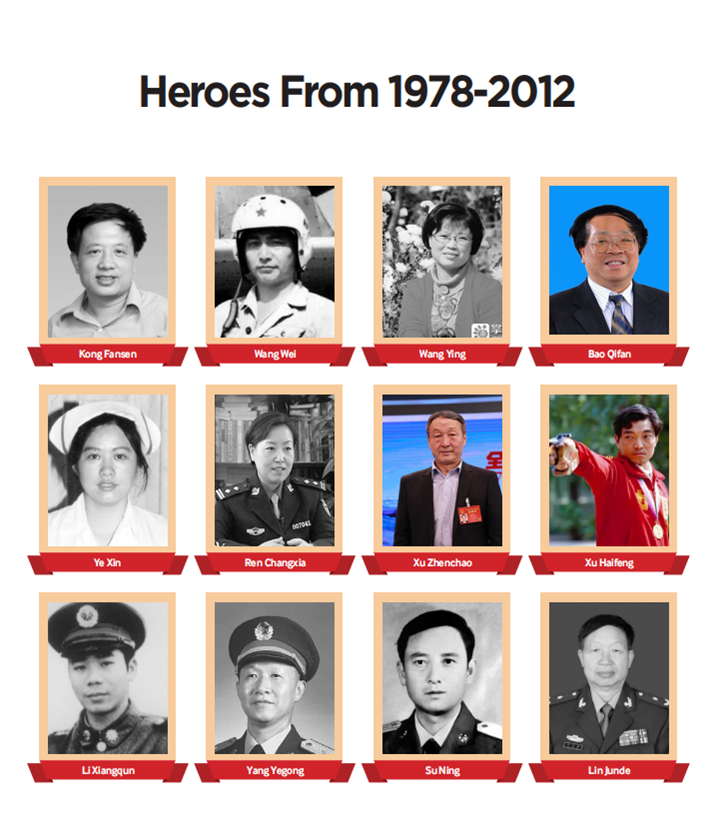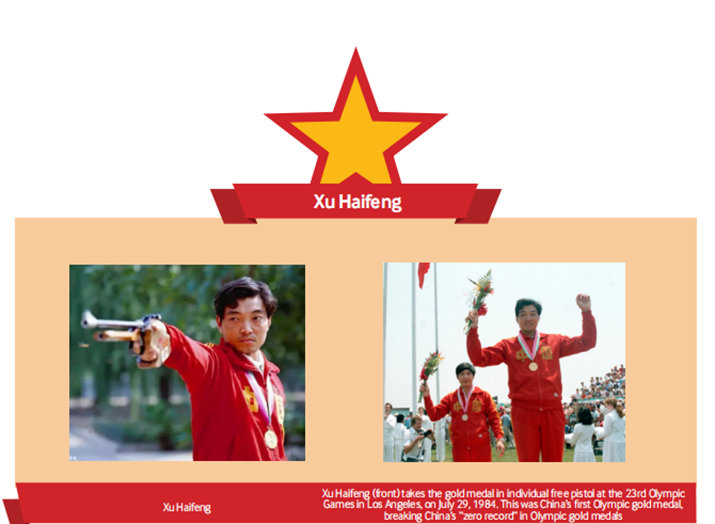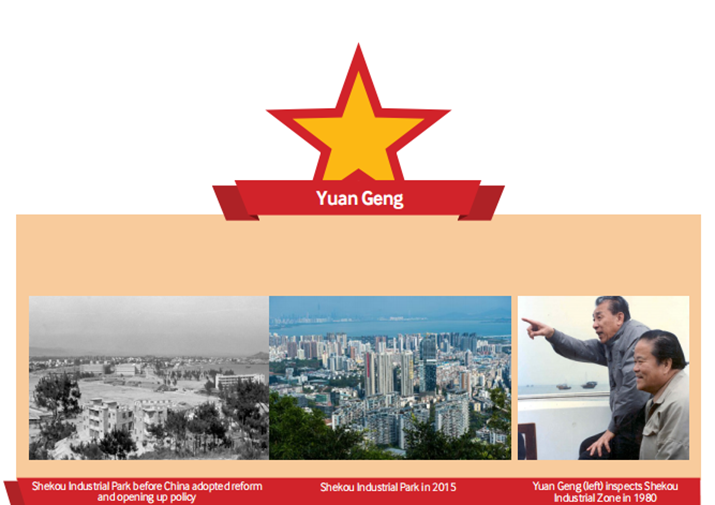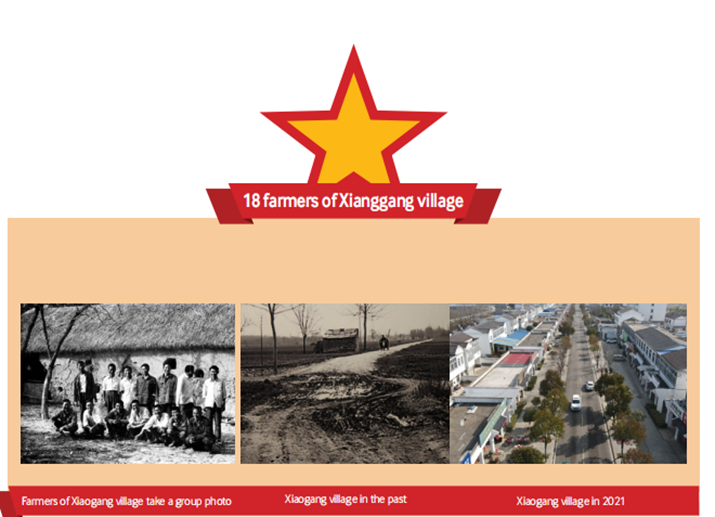


Kong Fansen
Kong Fansen (1944-1994) spent two periods working in Tibet; from 1979 to 1981 and from 1988 to 1994. During his time there Kong made major contributions to the reconstruction and development of Tibet and formed close ties with the Tibetan people. In November 1994 he was killed in a traffic accident.
Conditions on the Tibetan Plateau are harsh but Kong Fansen never thought about himself. He lived a simple life, was renowned for his honesty and never using his official position for personal gain. On the contrary, he often spent his own meager salary to help Tibetan orphans or buy medicine for the sick.
In 1988, Kong was appointed deputy mayor of Lhasa. While in Lhasa, he systematically visited all the public schools in the area. After being appointed Communist Party Secretary of the Ngari Prefecture in 1992, he became even busier with Party and government work, carrying out investigations and visiting local people across Tibet. Kong's exemplary efforts to promote development won him the affection and respect of the Tibetan people, and he was singled out as a model for leaders and government functionaries across China.

Ren Changxia
Ren Changxia was born in Zhengzhou, Henan Province on February 8, 1964. After graduating from police training school in 1983, she began to work as a preliminary investigator at the Zhengzhou Police Station. Studious and modest, she became an expert police officer and investigator.
Statistics showed that during Ren's stay in the Zhongyuan pre-trial division of Zhengzhou, she achieved unprecedented success in Henan, with 1,072 cases handled and more than 950 culprits captured. During her four years in the department of public security and legal work in Zhengzhou, Ren handled more than 1,000 cases, all of which were handled professionally and fairly.
In April 2001, Ren was promoted to commissioner of Dengfeng Police Station. There, Ren became the first female police commissioner in Henan's history. In Dengfeng, many cases were previously left unsolved, so Ren pledged to change the tone of the department within 100 days. The investigative process for many cases was laborious. Sometimes Ren and her colleagues had to spend tens of days in the field under difficult conditions.
On April 14, 2004, after reporting to work in Zhengzhou, Ren drove back to Dengfeng that night to handle an important case. Unfortunately, she never arrived at Dengfeng. She died from injuries related to a car accident. She was 40.
From the day Ren began her work, she remained faithful to the CPC and dutifully fulfilled her responsibility to serve the people. In her lifetime, she received more than 40 achievement awards. In 2004 and 2009, Ren was named one of the 100 key people who has "Moved China" in the years since the nation's founding.

Xu Haifeng
Xu Haifeng,born on August 1, 1957 in Fujian Province,is a former Chinese shooter. On July 29, 1984, Xu Haifeng took the gold medal in individual free pistol 60 shots at the 23rd Olympic Games, which were held in Los Angeles. Xu’s win was China's first Olympic gold medal, breaking China's "zero record" in Olympic gold medals.
From shooting birds with a sling when he was little to winning the Olympic gold, Xu Haifeng has always been an ambitious sharpshooter. Through years of strict, self-disciplined practice, the determined Xu trained himself to become a real crack shot despite the lack of professional regular training. In 1982, Xu enrolled in the Anhui provincial shooting team, and two years later in 1984, the marksman started his sports career on the national team.
A self-trained world champion, the first gold winner of the 23rd Olympic Games, China's first Olympic gold medal winner, coach of two Olympic gold medal winners, creator of the country's history of Olympic golds — Xu has many accolades and will be remembered as a sports hero. True to his nicknames of "Gold Athlete" and "Gold Coach," he is a legend who will never fade.

Yuan Geng
Yuan Geng, born in 1917, is the founder of the Shekou Industrial Zone and a reform trailblazer during China’s reform and opening up strive. On July 2, 1979, groundbreaking for the Shekou Industrial Park (SIP) commenced, kicking off the country's reform and opening-up.
Over the 14 years of his tenure, Yuan Geng witnessed his SIP grow from an industrial park with an investment of HK$60 million to an industrial kingdom worth over 20 billion yuan by the 1990s. At that time, Shekou's per capita gross domestic output was US$50 million, on a par with the Four Asian Tigers.
More significantly, Shekou served as a window for the country's economic reform and opening-up, navigating economic development with a brand-new pattern and path.
Yuan also established China Nanshan Development (Group) Incorporation, China's first Sino-foreign joint venture implementing a shareholding system, and China Merchants Bank, the first joint-stock commercial bank on China's mainland, and initiated the founding of Ping An Insurance Company of China, the first joint-stock insurance company on the Chinese mainland. Yuan is still proud of his many other creations: China International Marine Containers (Group) Co., Ltd., CSG Technology Holding Co., Ltd., Shenzhen Chiwan Wharf Holdings Limited, and China Nanshan Development (Group) Incorporation.
In 2016, Yuan passed away in Shenzhen at the age of 99. Yuan was awarded with the title of the “the most beautiful striver” for his contributions in China’s reform and opening up.

18 farmers of Xianggang village: initiators of Household Contract Responsibility System
In 1978, 18 farmers in Xiaogang village, in east Anhui Province, signed a secret agreement to divide communally owned farmland into individual pieces called household contracts, thus inadvertently lighting the torch for China's rural revolution. They promised that each household would deliver a full quota of grain to the state and to the commune, and keep whatever remained.
Before 1978, Xiaogang was infamous for its poverty. Grain output increased to 90,000 kilograms in 1979, over six times as much as the previous year. The per capita income of Xiaogang climbed to 400 yuan from 22 yuan.
Household Contract Responsibility System, starting from Xiaogang village, allows farming households to manage agricultural production on their own initiatives while the farmland remains in the ownership of the rural collective. It also enables farmers to use land through long-term contracts and keep the produce after paying taxes. It raised productivity and increased agricultural output, both of which were preconditions for nurturing the economic takeoff, and comprehensive industrialization and urbanization. The start of this system is widely accepted as a milestone in the economic opening up.

All members of astronaut brigade of the Chinese PLA
The Chinese People's Liberation Army (PLA) taikonaut brigade was rated as the “most beautiful strivers” in 2019. Since its establishment in 1998 with 14 members, PLA taikonaut brigade has scored huge achievement in China’s space exploration career.
They have made 14 flights into space cruising for 68 days. They have won comprehensive victories in six manned missions, making outstanding contributions to China's manned space program.
Many of them are famous in China, for example Yang Liwei, China's first space traveler.

